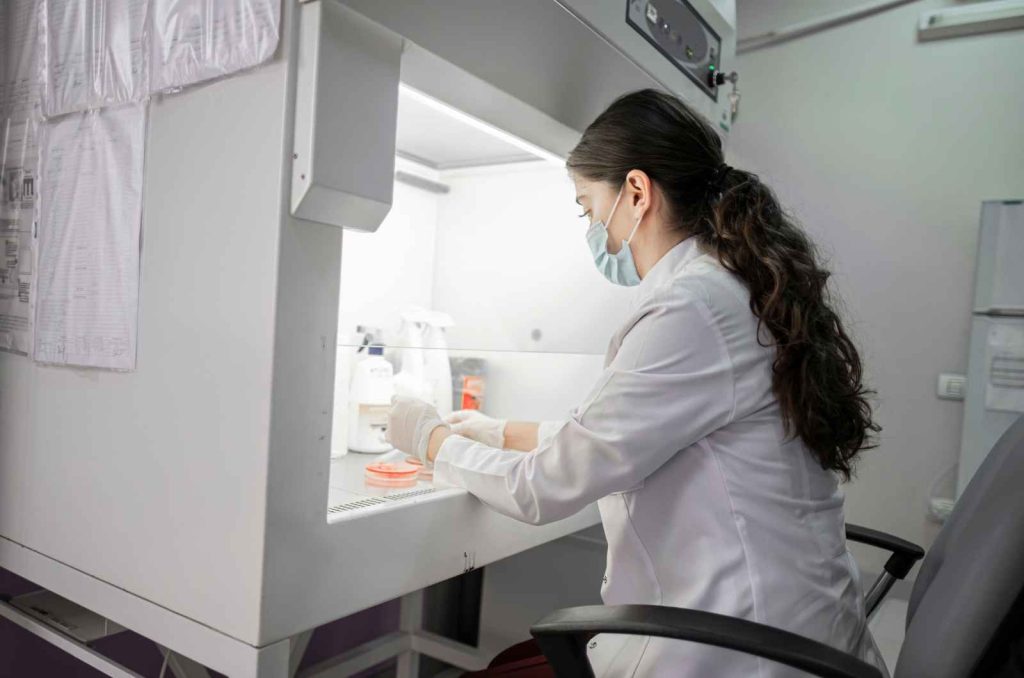
?What Are Cadaver Labs
anatomy cadaver lab are specialized facilities where medical students and professionals can study human bodies donated for scientific and educational purposes. These labs provide a controlled environment for dissecting and examining cadavers, allowing learners to gain a deeper understanding of human anatomy through direct, hands-on experience with real human tissues and structures.
?How Does Direct Observation of Variations Benefit Students
Direct observation of variations in cadaver labs allows medical students to witness firsthand the differences in human anatomy that textbooks or digital models may not fully capture. By dissecting and examining real human bodies, students can see how structures vary from the average descriptions. This exposure to a wide range of normal anatomical differences helps them understand the diversity of human anatomy. Observing these variations enhances their ability to diagnose and treat patients, as they become familiar with the spectrum of anatomical possibilities they may encounter in their medical practice.
?What Are the Advantages of Hands-on Experience
Hands-on experience in cadaver labs provides medical students with valuable tactile feedback that is not available through textbooks or digital models. By physically interacting with real human tissues, you can gain a better understanding of texture, density, and spatial relationships of anatomical structures. This direct manipulation helps you appreciate subtle differences that might not be apparent in other learning methods. Additionally, the practical experience enhances your ability to recognize and navigate anatomical variations, preparing you for real-life clinical situations. Engaging with cadavers allows you to develop a deeper, more intuitive understanding of human anatomy, which is crucial for your medical education and future practice.
?How Does Comprehensive Exploration Enhance Learning
Comprehensive exploration in cadaver labs significantly enhances learning by allowing you to examine the entire human body in detail. This holistic approach helps you understand how different systems are interconnected. Observing how variations in one area may impact surrounding structures gives you a broader perspective on human anatomy. By exploring interconnected systems, you gain a deeper appreciation for the complexity and diversity of the human body. This thorough examination also helps you develop critical thinking skills as you analyze how anatomical variations can affect overall function and health.
?What Pathological Insights Can Be Gained from Cadaver Labs
In cadaver labs, you can observe the effects of diseases and past surgical procedures firsthand. This direct exposure helps you understand how pathological processes alter normal anatomy. For example, you might see how a tumor distorts surrounding tissues or how a previous surgery has impacted the body. These insights are crucial for comprehending the progression of diseases and predicting surgical outcomes. By examining these variations, you become better equipped to recognize and treat similar conditions in your future medical practice. This hands-on experience is invaluable in bridging the gap between theoretical knowledge and real-world application.
?Why Is Enhanced Retention Important for Medical Students
Enhanced retention is crucial for medical students because it ensures that the knowledge they gain from cadaver labs is deeply ingrained and easily recalled when needed. The multi-sensory experience of working with real human specimens helps cement anatomical details in your minds, making it easier to remember crucial information. This hands-on approach provides a unique and memorable learning experience, which is more effective than traditional methods. By engaging with real human tissues, you develop a better understanding of anatomical variations and are better prepared for the diversity you will encounter in clinical practice. This deeper retention ultimately leads to more competent and confident medical professionals.
Conclusion: Why Are Cadaver Labs Crucial for Understanding Anatomical Variations?
Cadaver labs are invaluable in medical education. They provide essential hands-on experience, direct observation of anatomical variations, comprehensive exploration of the human body, and insights into pathological changes. These experiences significantly enhance knowledge retention, preparing medical students and professionals for the diverse anatomical variations they will encounter in their careers.
